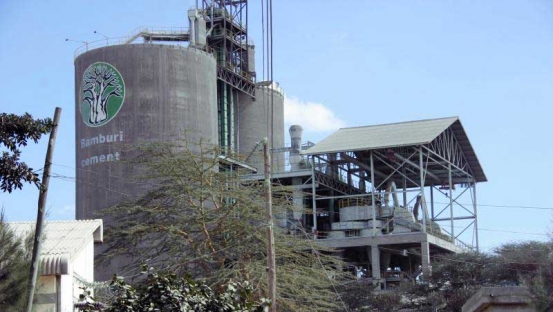Bamburi Cement experienced a big decline in its net earnings from KSh1.97 billion in 2017 to KSh614 million in 2018. The company blamed dwindling demand for cement and stiff competition for the drop in earnings. Bamburi’s largest market, Kenya, recorded a 5 percent decrease in sales. Uganda sales remained flat in that period.
The firm’s operating expenses jumped up by 15 percent to reach KSh36 billion largely driven by the high cost of energy, imported clinker, costly raw material prices. Even in the tough operating environment, Bamburi’s total revenue went up by 3.7 percent to KSh37.2 billion from KSh36 billion recorded the previous year.
The company’s investment in property, plant, and equipment saw its total assets grow by 12.5 percent to KSh37.9 billion from KSh33.7 billion. Similarly, long-term debt went up by 28 percent from KSh5.9 billion to KSh7.5 billion.
Cement manufacturing companies in the East African region have had a rough time due to growing competition from multinational firms and harsh regulatory environments. Bamburi’s counterparts at the NSE, Athi River Mining Cement and East African Portland Cement booked massive losses in the last financial year.
Bamburi’s board members recommend a final dividend of KSh4.10 per share. The dividend payout will amount to KSh1.49 billion. The company paid an interim dividend of KSh1.00 per share in October 2018. Once approved by shareholders, 2018 total dividend payout (KSh5.10) will be 27.5 percent higher than the 2017’s (KSh4.00 per share).




